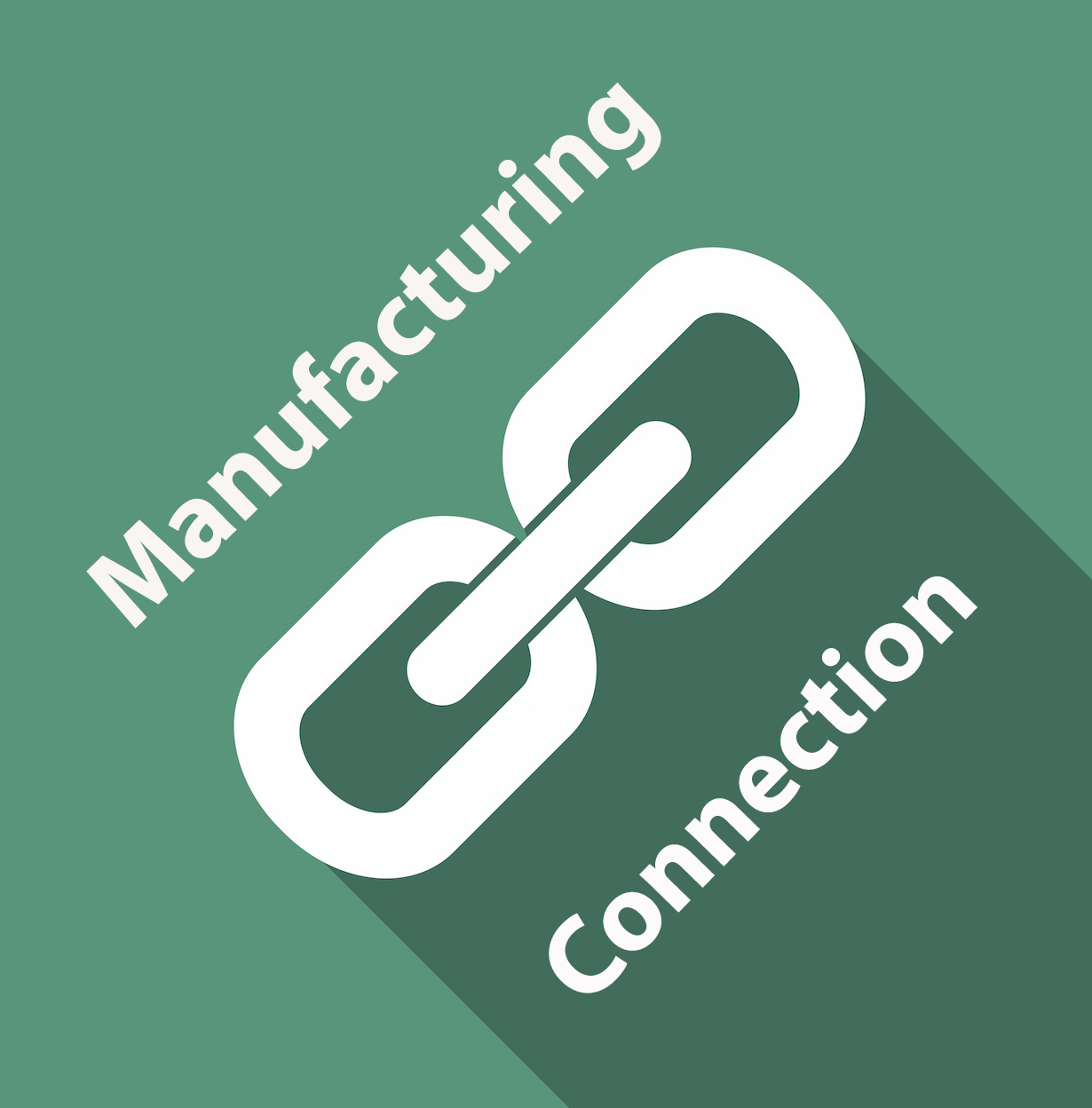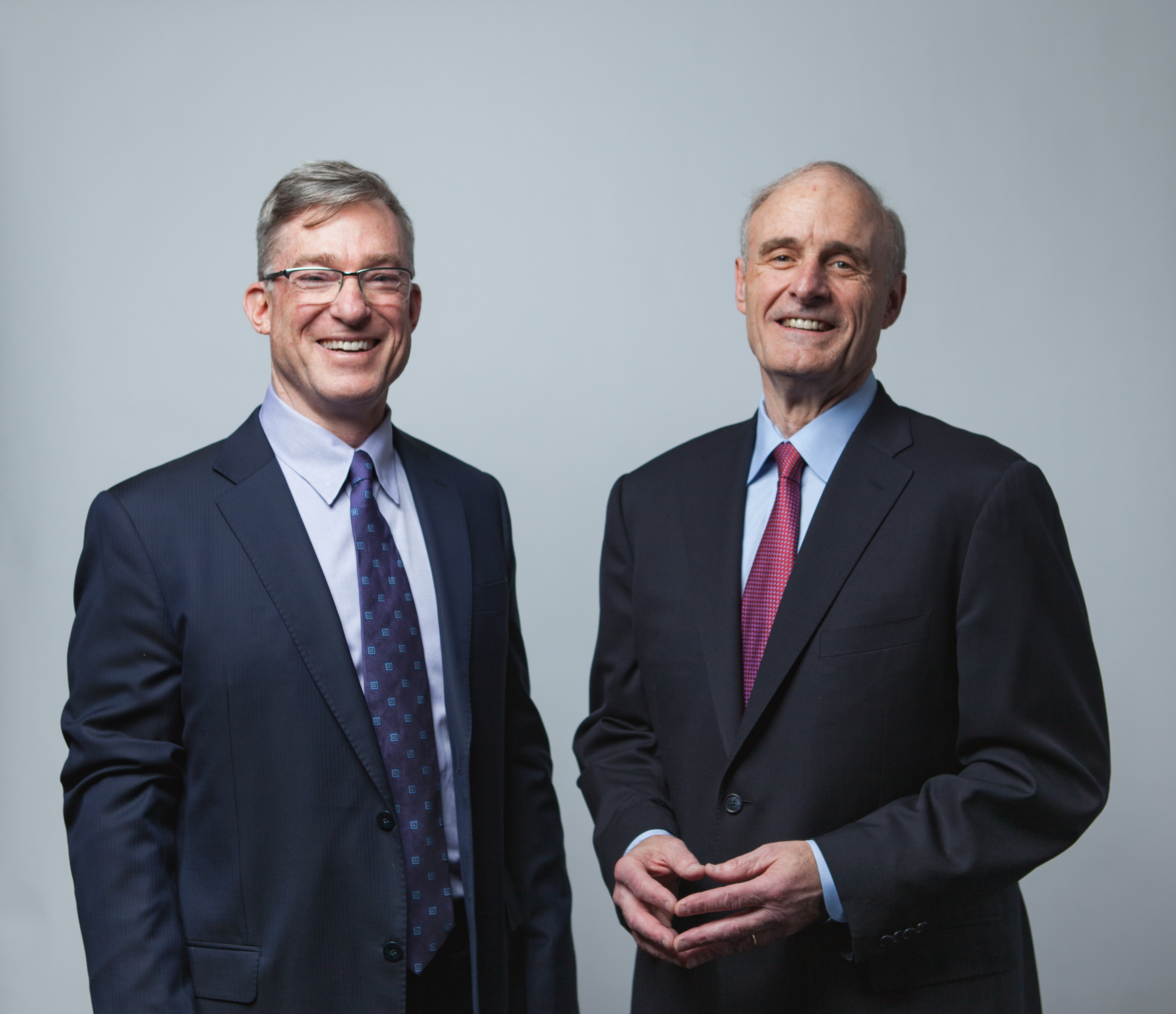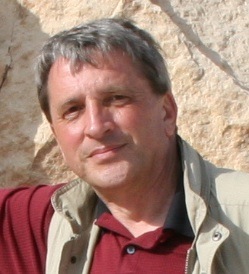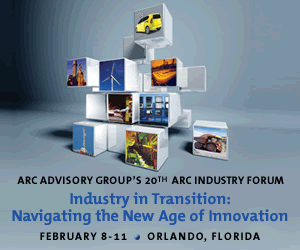
by Gary Mintchell | Jun 7, 2016 | Operations Management
If you noticed I was missing in action for several days, I took a little vacation and still had to finish a big project last week. Both missions accomplished. Finished the project and got in some quality relaxing.
It also gave me time to ruminate on Tim Sowell’s latest blog post about industrial operations. He’s been thinking a lot about the people who use the technology lately. I think rightly so. Technology only takes us so far (sorry technofuturists).
Several years ago, I ran across a theory of organization called “Holacracy.” The name derives from an ancient Greek word for a “whole thing”—Holon—and was then taken a new way by Arthur C. Clark. The theory has roots with Lean (which I admire) and Agile (programming) which I know only slightly.
When I studied Holacracy (www.holacracy.org), the theory sounded interesting and leading edge. Yet, the write up on the website seemed too over the top and limitless. It was as if it solved world hunger, world peace, and personal satisfaction.
Perhaps my impression was deepened by reading about how Tony Hsieh implemented (or rather dumped it on people) the structure (or in his case non-structure). Hsieh, you may recall, garnered great publicity for the unique way he ran Zappos. However, his leadership has declined considerably over the past few years. His Downtown Las Vegas project is in shambles and the way he instituted holacracy at Zappos led to chaos and exodus of good people.
Reconsidering Holacracy
Sowell forced me to take a deeper look at the philosophy. Taken in the context of its “parents” Lean and Agile, it makes a lot of sense. But it can’t be just dumped on a company. It requires a culture of trust before it is implemented. As in all team-oriented approaches, there is a danger of lack of diversity as teams choose their members and they all begin to resemble one another.

Sowell has been thinking about operations performance, not just technology but how it is used and how people’s roles can be transformed. He says, “While agile is applied in the software work, what we seeing in industrial operations, is not a transformation in technology (yes it is being enable by technology) but it really is a transformation in the way companies plan, execute, work.”
And so, looking at a more encompassing picture, he discusses, “Holacracy and Agile are systems that transform the way in which work is planned, and executed, with constant empowerment of people to change and evolve the system.”
Empowering people to grow and excel becomes a crucial component of managing an organization as the newer generations of workers enter the field. People a little older than I, as well as many of my peers, were content with filling a job. Work, go home, live for the weekend. But even many of us wanted more fulfillment for the hours we put in at work. Younger people increasingly wish to feel they are contributing.
Further, implementing these systems that are designed to empower people is non-trivial. Sowell says, “It is important to note both systems are aligned and they are a framework, they require discipline and execution within the framework to enable the agility. Too often in manufacturing and the industrial space people put technology and systems in as “silver bullets” and expect them to solve everything.”
I felt in reading the Holacracy website that its authors expected the philosophy to solve everything. Whether or not they do, taking Sowell’s ideas about placing within a framework is a giant conceptual leap forward toward effective implementation.

by Gary Mintchell | May 23, 2016 | Podcast
 And now, a brief interlude to discuss marketing. I have helped a few companies (actually way too few) focus their marketing efforts over the years. Through a mutual friend, Rebecca Geier, I met Bruce McDuffee, Director of the Manufacturing Marketing Institute.
And now, a brief interlude to discuss marketing. I have helped a few companies (actually way too few) focus their marketing efforts over the years. Through a mutual friend, Rebecca Geier, I met Bruce McDuffee, Director of the Manufacturing Marketing Institute.
He recorded an interview with me about marketing for manufacturing. It’s a podcast where I’m the subject. Some good ideas for marketing people on my list. But also interesting for the people on my list who buy things. Perhaps you could lend some insights on how not to reach you. And maybe what you’re looking for when you’re searching for information about products and services.
Here is a partial list of topics:
- Marketing is difficult, not only for manufacturers but for everyone. Learning how to put it all together is challenging. Developing a strategy is a good first step.
- Sometimes the leader just doesn’t understand marketing because they have an engineering, science or sales background. Marketing is much, much more than developing collateral and setting up trade shows.
- Those manufacturing companies that can advance the practice of marketing to a strategic, revenue producing function will have a significant advantage over their competition. The CEO should have a trusted advisor who knows the discipline of marketing, but more often than not, this is a missing advisor. [9:00]
- Huge disconnect between marketers who know how to market in the modern age and the leadership. Some leadership demands ROI for marketing activities, but it is not a clear black and white attribution. [11:00]
- In order for manufacturers to advance the practice of marketing, the CEO has to be affected somehow. A cultural shift from product focus to audience focus has to start from the top down. It is very difficult for this change to take hold from the bottom or grass roots level. [14:00]
- An audience focused marketing strategy that shares expertise (content marketing) can, by itself, be a differentiator in the market place. [18:00]
- Check out Rebecca Geier’s book, Smart Marketing for Engineers, for more information about content marketing and inbound marketing when your target audience is engineers.
- One company Gary mentioned makes it mandatory for every executive to spend a full week shadowing a customer and reporting back what they learned. [22:20]
- Automation Direct, example of success with marketing and understanding the target audience. [25:45]
- Gary’s blog is The Manufacturing Connection
- Gary’s podcast is Gary on Manufacturing
By the way, I reviewed Rebecca’s book, Smart Marketing for Engineers. It gives some insight, also, into my frustration with press releases that say nothing. Oh, there are many words. But meaning sort of evaporated as the marketing committee edited it in order to maximize number of buzz words per square centimeter.

by Gary Mintchell | Apr 19, 2016 | News
 We have been anticipating a transition at Rockwell Automation, and today the company announced it has happened. Its board of directors has elected Blake D. Moret, a 30-year veteran of the Company, as president and chief executive officer, effective July 1, 2016. At that time Keith D. Nosbusch, 65, who has been president and chief executive officer since 2004, will transition from those roles while continuing as chairman of the board. Moret, 53, is currently senior vice president of the Company’s Control Products & Solutions segment.
We have been anticipating a transition at Rockwell Automation, and today the company announced it has happened. Its board of directors has elected Blake D. Moret, a 30-year veteran of the Company, as president and chief executive officer, effective July 1, 2016. At that time Keith D. Nosbusch, 65, who has been president and chief executive officer since 2004, will transition from those roles while continuing as chairman of the board. Moret, 53, is currently senior vice president of the Company’s Control Products & Solutions segment.
A similar transition occurred when Nosbusch became CEO—Don Davis remained as Chairman for a period of time to assist the transition.
Rockwell had a strong group of internal contenders for the position. Any would have been a good choice in my opinion.
Donald R. Parfet, Lead Director, said: “Blake has proven himself to be an exceptional leader, with demonstrated readiness to lead the company. We welcome him to his new role at the conclusion of a deliberate and planned succession process. We are delighted he will build on the Company’s many accomplishments under Keith’s direction and propel our vision of The Connected Enterprise to the next level.”
“The past 12 years have been transformational for Rockwell Automation,” Parfet continued. “We’ve become a global technology leader and the world’s largest company dedicated to industrial automation and information. Equally important, we are well positioned to accelerate our evolution with industry-leading innovation that improves our customers’ global competitiveness.”
“We thank Keith for his outstanding leadership during this period, including his work as a vocal champion of smart, productive, and secure manufacturing. We are pleased that he has agreed to stay on as chairman so that the Company can continue to benefit from his experience and support Blake’s transition to CEO.”
Nosbusch said: “It has been an honor and privilege to lead Rockwell Automation over the past 12 years. While as a team we enjoyed tremendous success, I have no doubt that we are well positioned for an even greater future. Blake is the ideal executive to move Rockwell Automation forward in its next chapter. He brings a strong customer focus, as well as a deep understanding of the Company’s values, culture, people, and technology, and how each of these power the Company’s success.”
Moret said: “I am honored to have the opportunity to lead Rockwell Automation and its talented employees into an exciting future. We have a deep management team, unmatched technology solutions, domain expertise across a broad range of industries, and enduring customer relationships around the world. We are committed to continue to deliver customer and shareowner value in the years ahead.”
Moret has 30 years of experience in sales and business management roles in product, services, and solutions businesses across Rockwell Automation. He began his career in 1985 as a sales trainee, and subsequently served in senior positions across the organization, including international assignments in Europe and Canada. In 2011, he was named senior vice president of Control Products & Solutions, one of the Company’s two business segments, with FY15 sales of $3.6 billion.
Moret is a graduate of Georgia Institute of Technology, where he earned a bachelor’s degree in mechanical engineering. He has served as Chair of the Board of the Manufacturing Institute of the National Association of Manufacturers. Additionally, he is a member of the Board of Directors for the Milwaukee-based Urban Ecology Center, the Board of Directors of the United Way of Greater Milwaukee, and the Advisory Board of the Woodruff School of Mechanical Engineering at Georgia Tech.

by Gary Mintchell | Jan 19, 2016 | Leadership, Podcast
Leadership and sports. OK, I maybe overdosing on NFL games. I have taken some sports analogies and applied to pondered the topic in general.
Leadership on YouTube–channel moved
Note: This podcast is also on YouTube. If you previously subscribed to my YouTube videos, Google decided at some point to move me to a different channel. You can go there and subscribe to see me in living color.
What got me thinking about this was how some key players in team sports seem to think they are one-person teams. Good leaders have strategies for involving people.

by Gary Mintchell | Jan 13, 2016 | Automation, Events, News, Operations Management
 We are closing in on February and time to start thinking about the ARC Industry Forum in Orlando. I went to my first one in 1998 and have my airline and hotel reservations for this edition.
We are closing in on February and time to start thinking about the ARC Industry Forum in Orlando. I went to my first one in 1998 and have my airline and hotel reservations for this edition.
Given the demise of general industry trade shows, there are precious few opportunities to see a large cross section of the automation and control industry. This is one.
I have 2 or 3 appointments set. If you are there, ping me. Maybe we can do a “meet up” in the lounge before everyone splits for dinner or something. Or stop me to chat during the week. ARC has once again planned an afternoon of press conferences for its sponsors. I’ll arrive in time to listen if you are presenting.
The 20th Annual ARC Industry Forum has the theme, “Industry in Transition: Navigating the New Age of Innovation”.
The conference is February 8-11, 2016 at the Renaissance Sea World in Orlando, Florida.
ARC says, “New information technologies such as Industrial Internet of Things (IIoT), Smart Manufacturing, Industrie 4.0, Digitization, and Connected Enterprise are ushering in a new age of innovation. These concepts are clearly moving past the hype, where real solutions are emerging backed by strong business cases. Expect to see innovations in smarter products, new service and operating models, new production techniques, and new approaches to design and sourcing. Join us to learn how this industrial transformation will unfold and what other companies are doing today to embrace innovation and improve their business performance.”
Questions they expect to address:
- How will inexpensive, easy-to-install sensors change existing products and plants?
- Will cyber security concerns impede disruptive innovation?
- What kind of intelligence will machines have and what value will this bring?
- What role will Wi-Fi and LTE play?
- How do Big Data and predictive and prescriptive analytics enable operational change?
- What is the opportunity in aftermarket services?
- What software capabilities are needed to achieve transformational change?
- Which industries are already changing?
- What steps can organizations take to foster innovative thinking?
Forum’s Keynote Presentations
Michael Carroll, Vice President, Innovation & Operations Excellence, Georgia-Pacific
Michael joined Georgia-Pacific in 2010 to focus his technological and entrepreneurial talents on innovation and leadership. Prior to that he and a partner formed McTech Group, a company focused on innovative products for the building products and construction industry. In addition to his Executive Vice President responsibilities, Michael formed a Joint Venture designed to sell consumer “DIY” products to big box retailers like Wal-Mart, Home Depot, and Lowe’s. Previous positions include Director of Operations at Riverwood International, CEO of North and South American Operations at Shepherd, and Principal Change Agent at Mead Paper.
Sandy Vasser, Facilities I&E Manager, ExxonMobil Development
Sandy has been with Exxon or ExxonMobil for over 35 years and has been involved in a number of Upstream projects covering offshore facilities, onshore facilities, and cogeneration facilities. He currently manages a team of about 120 electrical and I&C professionals responsible for the design, installation, and commissioning of electrical generation and distribution systems, process control systems, and safety instrumented systems for all major ExxonMobil Upstream capital projects. This team is also responsible for developing, promoting and implementing strategies, practices, processes, and tools for successfully executing project automation and electrical activities.
Rob High, Vice President and Chief Technology Officer, Watson Solutions, IBM Software Group
Rob has overall responsibility to drive Watson Solutions technical strategy and thought leadership. He works collaboratively with the Watson engineering, research, and development teams across IBM. Prior to joining Watson Solutions, Rob was Chief Architect for the SOA Foundation and member of the IBM Academy of Technology. He championed an open industry architectural definition of the principles of business and IT alignment enabled by SOA and business process optimization, as well as ensuring IBM’s software and services portfolio is architecturally grounded to enable for efficient SOA-based solutions. Rob has 37 years of programming experience and has worked with distributed, object-oriented, component-based transaction monitors for the last 26 years.



 And now, a brief interlude to discuss marketing. I have helped a few companies (actually way too few) focus their marketing efforts over the years. Through a mutual friend, Rebecca Geier, I met Bruce McDuffee, Director of the
And now, a brief interlude to discuss marketing. I have helped a few companies (actually way too few) focus their marketing efforts over the years. Through a mutual friend, Rebecca Geier, I met Bruce McDuffee, Director of the 
 We have been anticipating a transition at Rockwell Automation, and today the company announced it has happened. Its board of directors has elected Blake D. Moret, a 30-year veteran of the Company, as president and chief executive officer, effective July 1, 2016. At that time Keith D. Nosbusch, 65, who has been president and chief executive officer since 2004, will transition from those roles while continuing as chairman of the board. Moret, 53, is currently senior vice president of the Company’s Control Products & Solutions segment.
We have been anticipating a transition at Rockwell Automation, and today the company announced it has happened. Its board of directors has elected Blake D. Moret, a 30-year veteran of the Company, as president and chief executive officer, effective July 1, 2016. At that time Keith D. Nosbusch, 65, who has been president and chief executive officer since 2004, will transition from those roles while continuing as chairman of the board. Moret, 53, is currently senior vice president of the Company’s Control Products & Solutions segment.

 We are closing in on February and time to start thinking about the
We are closing in on February and time to start thinking about the 



